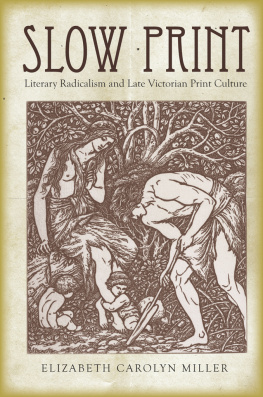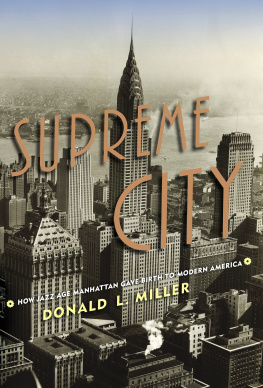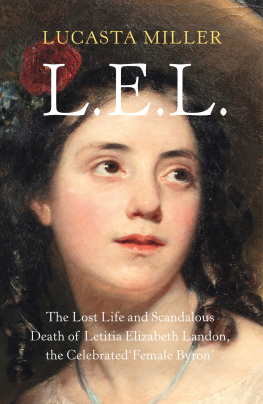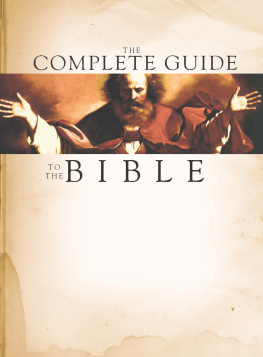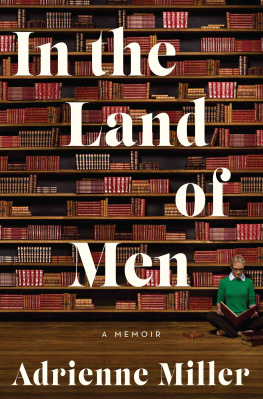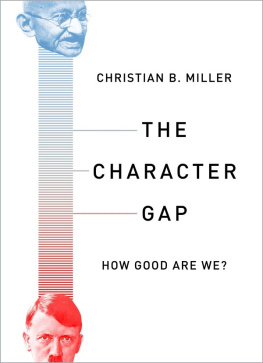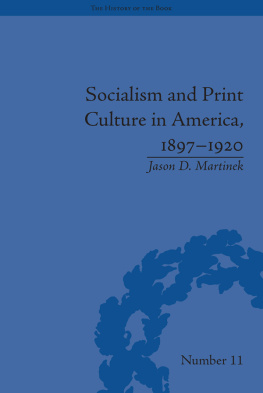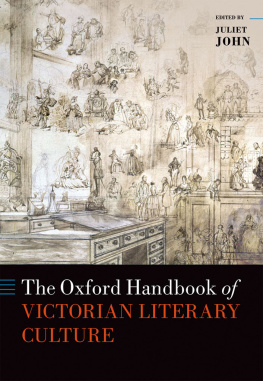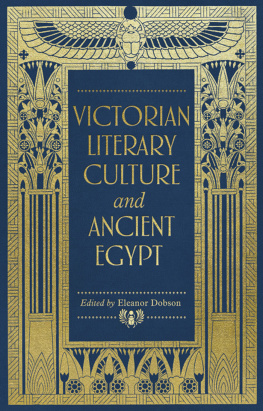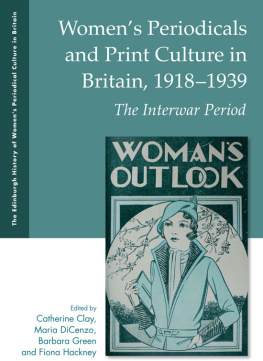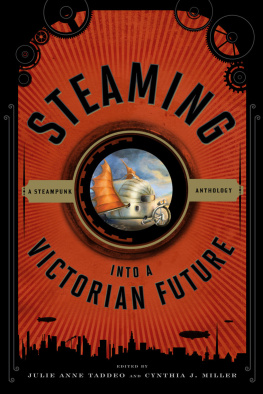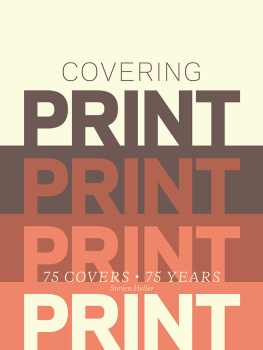Miller - Slow Print: Literary Radicalism and Late Victorian Print Culture
Here you can read online Miller - Slow Print: Literary Radicalism and Late Victorian Print Culture full text of the book (entire story) in english for free. Download pdf and epub, get meaning, cover and reviews about this ebook. year: 2013, publisher: Stanford University Press, genre: Politics. Description of the work, (preface) as well as reviews are available. Best literature library LitArk.com created for fans of good reading and offers a wide selection of genres:
Romance novel
Science fiction
Adventure
Detective
Science
History
Home and family
Prose
Art
Politics
Computer
Non-fiction
Religion
Business
Children
Humor
Choose a favorite category and find really read worthwhile books. Enjoy immersion in the world of imagination, feel the emotions of the characters or learn something new for yourself, make an fascinating discovery.
- Book:Slow Print: Literary Radicalism and Late Victorian Print Culture
- Author:
- Publisher:Stanford University Press
- Genre:
- Year:2013
- Rating:5 / 5
- Favourites:Add to favourites
- Your mark:
- 100
- 1
- 2
- 3
- 4
- 5
Slow Print: Literary Radicalism and Late Victorian Print Culture: summary, description and annotation
We offer to read an annotation, description, summary or preface (depends on what the author of the book "Slow Print: Literary Radicalism and Late Victorian Print Culture" wrote himself). If you haven't found the necessary information about the book — write in the comments, we will try to find it.
Slow Print: Literary Radicalism and Late Victorian Print Culture — read online for free the complete book (whole text) full work
Below is the text of the book, divided by pages. System saving the place of the last page read, allows you to conveniently read the book "Slow Print: Literary Radicalism and Late Victorian Print Culture" online for free, without having to search again every time where you left off. Put a bookmark, and you can go to the page where you finished reading at any time.
Font size:
Interval:
Bookmark:
Slow Print
Literary Radicalism and Late Victorian Print Culture
Elizabeth Carolyn Miller
Stanford University Press
Stanford, California
Stanford University Press
Stanford, California
2013 by the Board of Trustees of the Leland Stanford Junior University. All rights reserved.
No part of this book may be reproduced or transmitted in any form or by any means, electronic or mechanical, including photocopying and recording, or in any information storage or retrieval system without the prior written permission of Stanford University Press.
Printed in the United States of America on acid-free, archival-quality paper
Library of Congress Cataloging-in-Publication Data Miller, Elizabeth Carolyn, 1974author.
Slow print : literary radicalism and late Victorian print culture / Elizabeth Carolyn Miller.
pages cm
Includes bibliographical references and index.
ISBN 978-0-8047-8408-5 (cloth : alk. paper)
ISBN 978-0-8047-8465-8 (e-book)
1. Radicalism and the pressGreat BritainHistory19th century. 2. JournalismPolitical aspectsGreat BritainHistory19th century. 3. Press and politicsGreat BritainHistory19th century. 4. PrintingGreat BritainHistory19th century. 5 Mass mediaGreat BritainHistory19th century. 6. English literature19th centuryPolitical aspects. I. Title.
PN5124.R295M55 2013
302.23dc23
2012020621
Portions of the following chapters have been appeared in earlier publications:
Chapter 1, William Morris, Print Culture, and the Politics of Aestheticism, Modernism/modernity 15.3 (2008): 477502. Copyright 2008 The Johns Hopkins University Press. Reprinted with permission by The Johns Hopkins University Press.
Chapter 4, Tom Maguire: An Under-Paid Agitator in the Late-Victorian Socialist Press, Philological Quarterly 91.1 (2012). Reprinted with permission.
Chapter 5, Body, Spirit, Print: The Radical Autobiographies of Annie Besant and Helen and Olivia Rossetti, Feminist Studies 35.2 (Summer 2009): 243273. Reprinted with permission of the publisher, Feminist Studies, Inc.
Typeset by Bruce Lundquist in 11/15 Bell MT
Contents
Acknowledgments
When one informational medium is superseded by another, the transfer of an archive from the old format to the new usually entails a great deal of lost or rejected material. Such loss is movingly documented in Sean Dunnes The Archive (2009), a short film about the worlds largest vinyl record collection and why most of that music will never make it to digital format. In the world of nineteenth- and early twentieth-century periodicals, we are currently witnessing a shift from print and microfilm archives to far more accessible digital archives; yet one wonders what kind of sources will be left out of this digitization boom. The radical newspapers and magazines that are the focus of my study will continue to be, I expect, of lowest priority in digitization projects, because of small circulations and, in many cases, short runs. While I was writing Slow Print, only two of the periodicals I discuss (Commonweal and New Age) were available digitally, thanks to the University of Michigan Library and the Modernist Journals Project. This is a project that has required, therefore, a great deal of research in brick and mortar libraries, and I would like to begin by thanking all those custodians of radical print who made this project possible. I am grateful to librarians at the following collections, roughly in order of importance to the project: the Labadie Collection, University of Michigan; the International Institute of Social History, Amsterdam; the British Library, London (especially the Colindale Newspaper Library); the Working Class Movement Library, Salford; Central Library, Manchester; John Rylands Library, University of Manchester; Leeds University Library; the Beinecke Rare Book and Manuscript Library, Yale University; the London School of Economics Archives; the Bodleian Library, Oxford; University Library, Cambridge; and Churchill Archives Center, Cambridge. I would also like to thank the librarians at the University of California, Davis, for tracking down countless books and reels of microfilm through interlibrary loan.
I was able to spend so much time in these brick and mortar archives thanks to support from a number of different organizations. My first thanks go to the American Council of Learned Societies: The Charles A. Ryskamp Fellowship enabled crucial research time in Manchester and Leeds and a research year during which I wrote much of Slow Print. I am also grateful to have received the Curran Fellowship from the Research Society of Victorian Periodicals and the Joseph R. Dunlap Fellowship from the William Morris Society in the United States, which helped to fund a research trip to London and a research trip to Amsterdam, respectively. In addition, I feel very fortunate indeed to have had my research travel supported by my current and former employers, the University of California, Davis and Ohio University, and to have received a publication subsidy from the Division of Humanities, Arts, and Cultural Studies and the Office of Research at the University of California, Davis.
I am thankful, too, for my wonderful colleagues in the English Department at UCDavis, especially Fran Dolan and Margaret Ferguson, who have been exceptionally generous with their guidance and interest in my work. Kathleen Frederickson, Hsuan Hsu, and John Marx all read portions of this project, and my work is better for their perceptive feedback. Other colleagues offered suggestions at our faculty research colloquium or in more informal settings; my thanks go to Gina Bloom, Nathan Brown, Seeta Chaganti, Greg Dobbins, Beth Freeman, Alessa Johns, Colin Milburn, Tim Morton, Parama Roy, Scott Shershow, David Simpson, and Mike Ziser. I owe extra special thanks to our department chair, Scott Simmon, for his support and kindness.
Many other friends, colleagues, and mentors have been instrumental in this projects development. I am especially indebted to Florence Boos, Joseph Bristow, John Kucich, and Rebecca Walkowitz for generously offering advice and encouragement. From Angela Berkley, Susan Bernstein, William Cohen, Jonathan Freedman, Taryn Hakala, Casie LeGette, Morna ONeill, Mario Ortiz Robles, Todd Shepard, and Jenny Sorensen I received helpful responses to my work and key research leads. Many thanks to my friend Laura Vroomen, who let me stay with her on a research trip to London, and to my friends Jane Rickard and Richard Meek, who put me up in Leeds. I presented portions of this project in draft form to the University of Michigan Nineteenth Century Forum and to the UCLA Nineteenth Century Group, and my work benefited greatly from these experiences. Thanks, too, to my former colleagues at Ohio University, who offered helpful suggestions at an early stage of the project, especially Andrew Escobedo, Paul Jones, Joe McLaughlin, Beth Quitsland, and Carey Snyder. I am deeply grateful to Emily-Jane Cohen and everyone at Stanford University Press for their expert stewardship of my project. Stanford also chose two exceptional readers whose work I very much admire, Ann Ardis and Matthew Beaumont; they gave invaluable suggestions for improvement and kindly made their identities known to me. I would also like to thank my three wonderfully resourceful graduate student research assistants: Ryan Fong, Greg Giles, and Michael Martel.
My last acknowledgments go to my family. My parents, sisters, and grandparents have always encouraged my intellectual work, for which I thank them: Giacomo and Phyllis Ghiardi; Cathy, Cristina, Frank, and Rhea Miller; Sarah Miller and Jon Konrath; and Mary Ellen Powers. Hearing tales of my parents personal involvement with radical print in the 1960s and 1970s, and coming across my mothers name on a masthead in the Labadie Collection, was, Im sure, part of what led to my interest in slow print. I am also grateful to Vickie Simpson and the Stratton family. Saving the most important person for the end: I owe more than I can ever say to Matthew Stratton, and I feel exceptionally fortunate to have his love and intellectual companionship. I would also like to thank our imminent twin sons, Ambrose and Giacomo. As I put the finishing touches on
Next pageFont size:
Interval:
Bookmark:
Similar books «Slow Print: Literary Radicalism and Late Victorian Print Culture»
Look at similar books to Slow Print: Literary Radicalism and Late Victorian Print Culture. We have selected literature similar in name and meaning in the hope of providing readers with more options to find new, interesting, not yet read works.
Discussion, reviews of the book Slow Print: Literary Radicalism and Late Victorian Print Culture and just readers' own opinions. Leave your comments, write what you think about the work, its meaning or the main characters. Specify what exactly you liked and what you didn't like, and why you think so.

